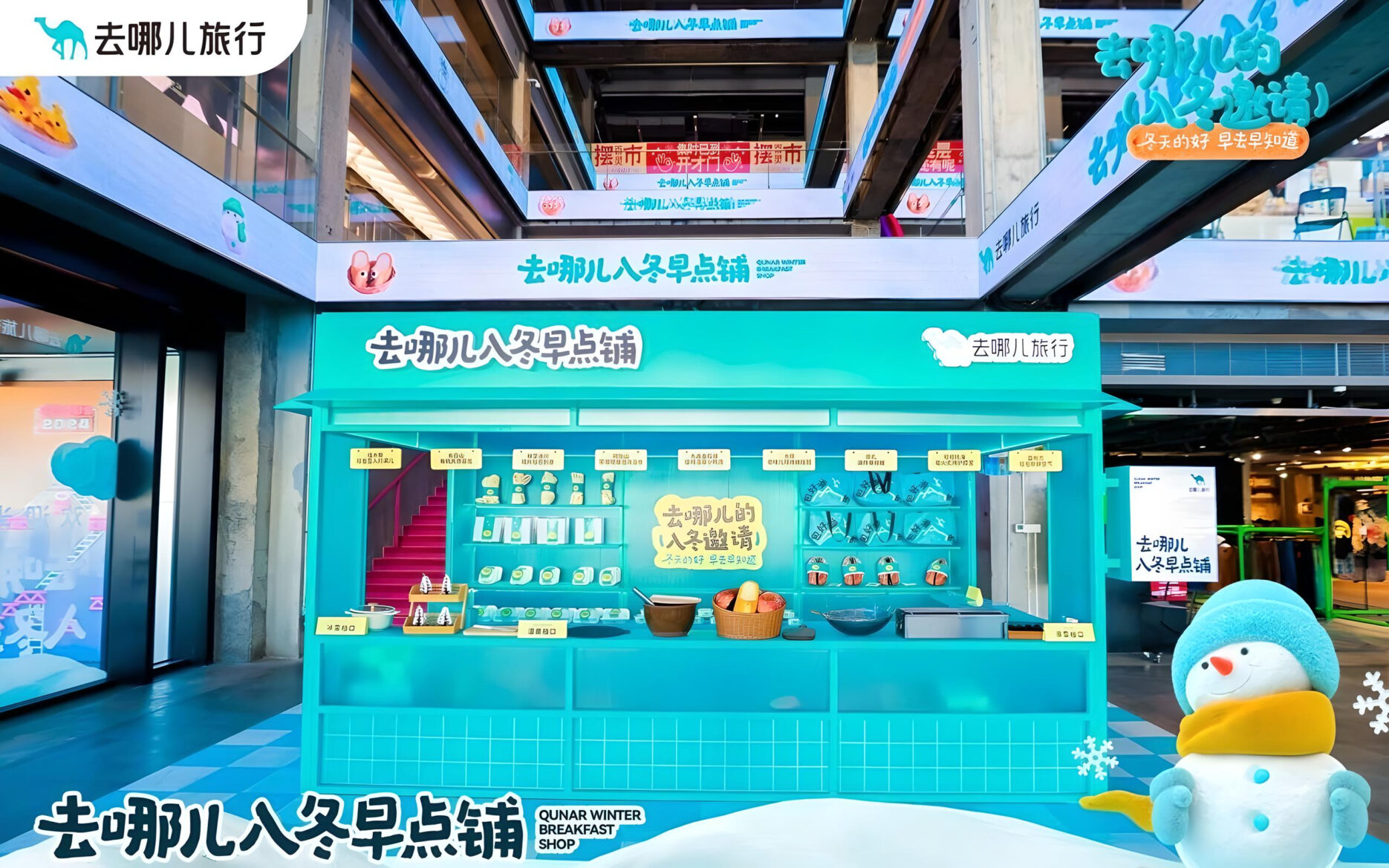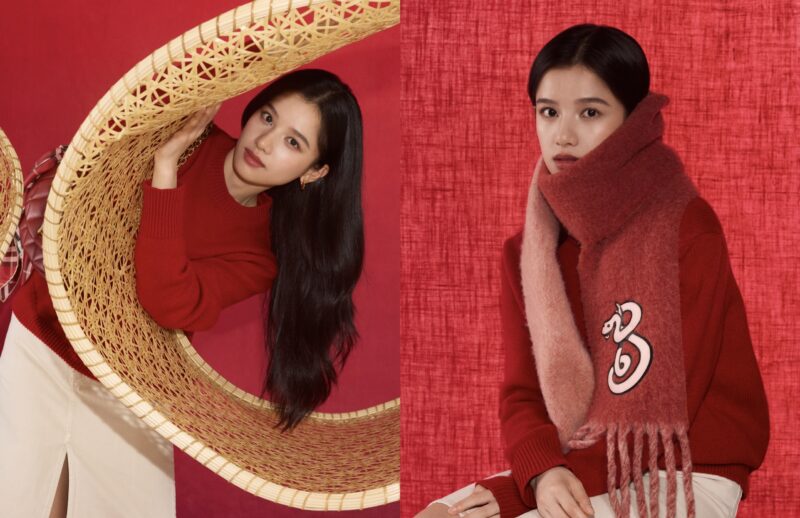As e-commerce platforms rush to claim market share in the supermarket sector, more online platforms are going offline. But this time, they are mostly opening “food and beverage” stores, of sorts. For example, the online travel agency Qunar and the lifestyle platform Xiaohongshu (RED).
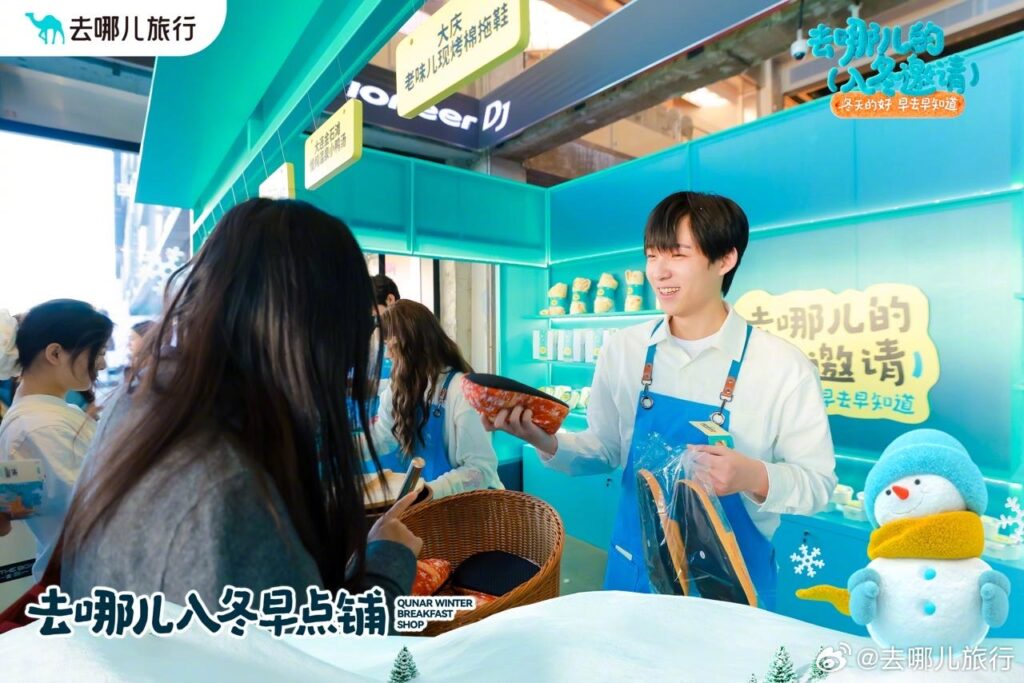

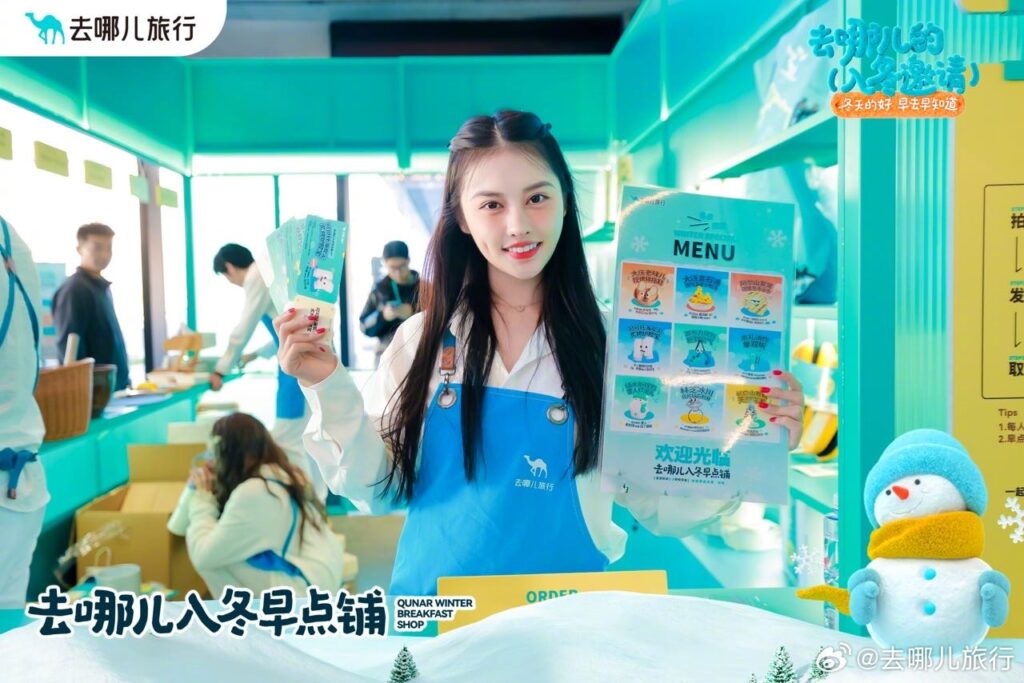
Between 29 November and 1 December, Qunar launched a three-day pop-up called “breakfast joint” at The Box Beijing, sometimes called The Box Chaowai. Named “Qunar Winter Breakfast Shop”, the “restaurant” served freshly “cooked” dishes for free. Some eagle-eyed readers might have noticed that despite its name, the pop-up space opened between 1 pm and 9 pm during its 3 days of existence. In fact, it wasn’t really a breakfast joint at all, but a Jellycat-inspired merch store that performed the rites of “cooking” when dispensing free merch from the three themed stalls.
The 9 items were made in collaboration with 9 local culture and tourism authorities across Northern China and was divided into the themes of hot springs, skiing and “ice world”, with 3 dishes per stall. A Jellycat-style “cooking process” was performed for each giveaway, fulfilling the “emotional value” provided by everyday rites.
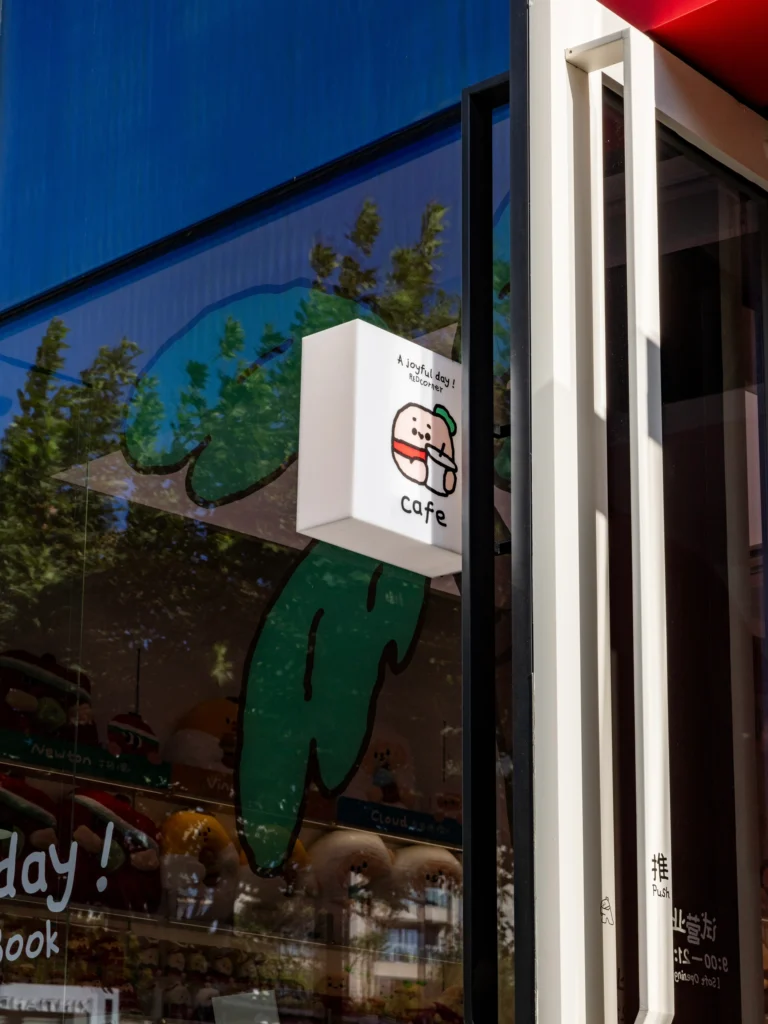

On the other hand, RED’s offline venture is more ambitious. A permanent location, named RED Corner, was opened on 14 November after a trial which started on 21 September. On the ground floor of the RED HQ on Middle Fuxing Road in Shanghai, the location provides an immersive RED experience from coffee and merch to magazines. Interestingly, the merch department also features many plush toys, including food-themed plushies à la Jellycat.
With the latest tbh x Pingu collab, it seems every brand is either launching its own “Jellycat” or making its tea or coffee by collaborating with a chain or opening its own store, or both, like Auntea Jenny. Offline locations are becoming increasingly important, not just as another stream of revenue, but more as a way of establishing the brands in real life (IRL) for its audiences, especially the digital native younger generations for differentiation and “emotional value”.




